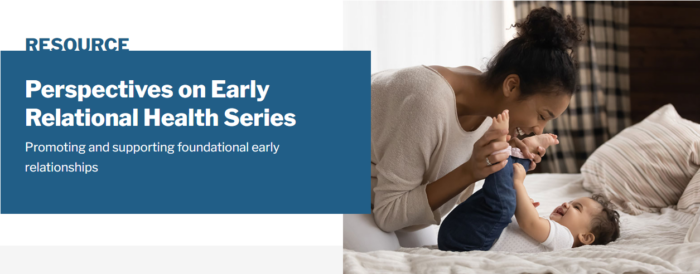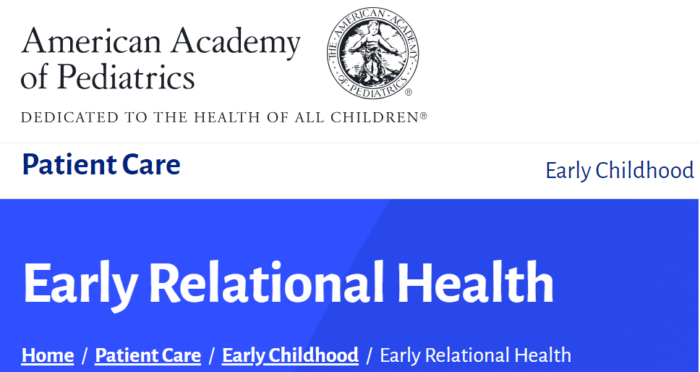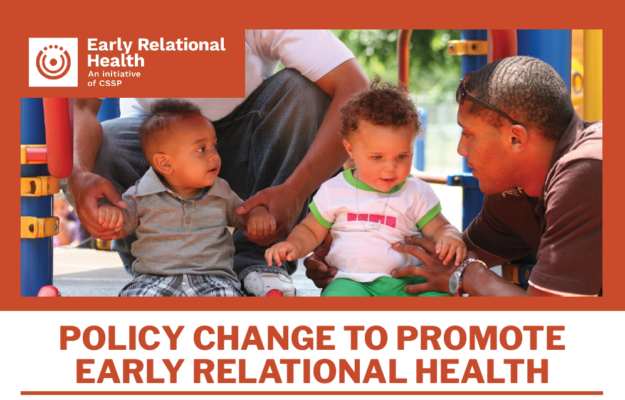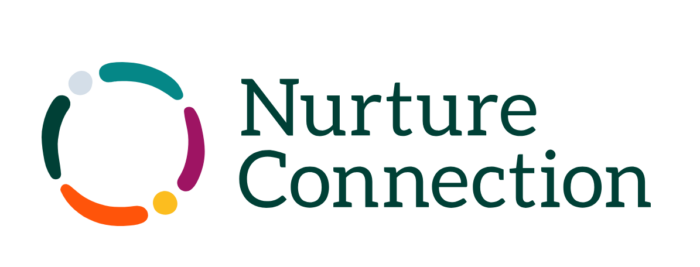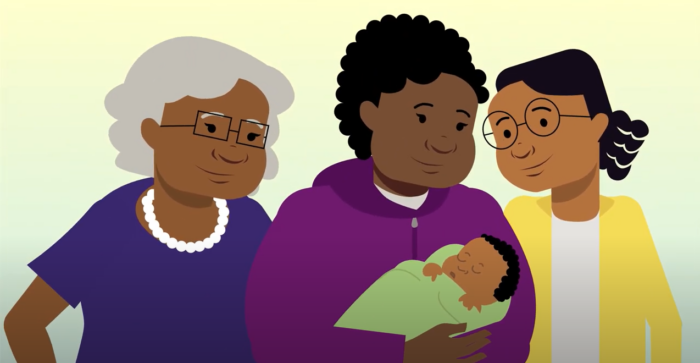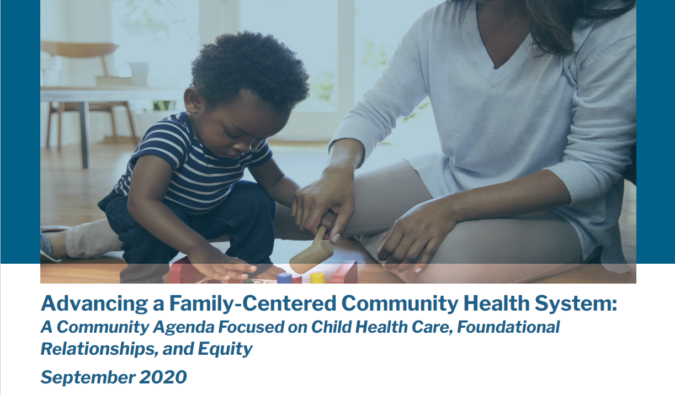How to Communicate Effectively About Early Relational Health: What It Is and Why It Matters

This guide was developed to explain how to communicate more effectively about the importance of early relational health and advocate more powerfully for policies and supports that are responsive to the needs of families. Sections of the guide include a definition of early relational health, an overarching core story about why attention to early relational health matters and how to effect change, key messages for specific stakeholders, and framing strategies and language that users can leverage to support their communications needs.
The guide was created to support the communications needs of a broad range of professionals who support the health and well-being of young children and their families through community-based programs and services, the health system, or policy and advocacy. This may include family support providers, health care providers, parent leaders, early childhood system leaders, community advocates and leaders, home visitors, community health workers and doulas, researchers, educators, public discourse influencers such as the media, the philanthropic community, and policymakers, among others.
Early relational health (ERH) is the state of emotional well-being that grows from the positive emotional connections that babies and toddlers and their parents/caregivers experience with each other through everyday moments of caregiving and nurturing. All parents and caregivers know that positive connections with their children matter. However, social, racial, cultural, and economic injustices and challenges can overload families and communities, often taking a toll on parents/caregivers, young children, and their relational health. Because of barriers created by structural racism and a lack of policies designed to help families thrive, families do not have access to supports that are responsive to their needs.
To promote ERH in every community, we must first listen to families to understand their challenges and what supports and services would work best for them. We must then work together with families to create a shared vision to transform our communities, systems, programs, and policies so that each and every family can experience the emotional well-being and joy that develop during those first days, months, and years of connecting and nurturing.
Elements of the Core Story of Early Relational Health
- Core Concepts
- Why They Matter
- Barriers
- Actions

